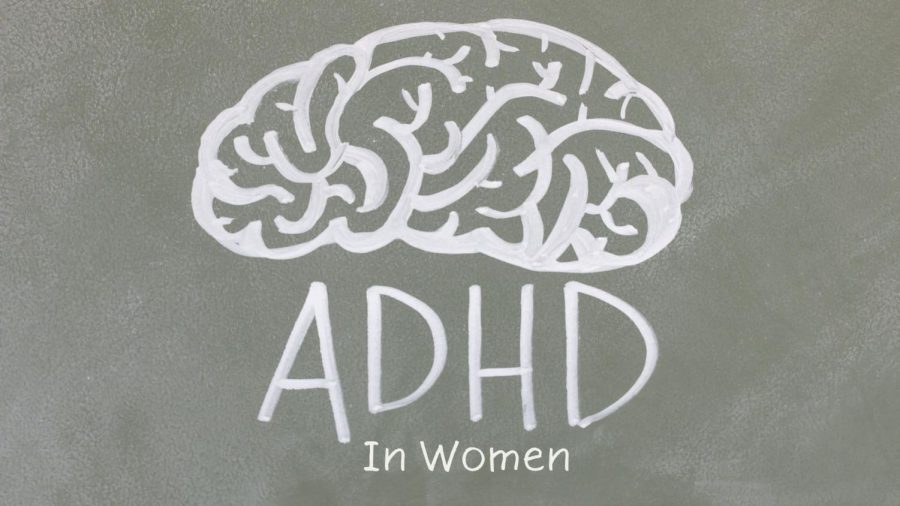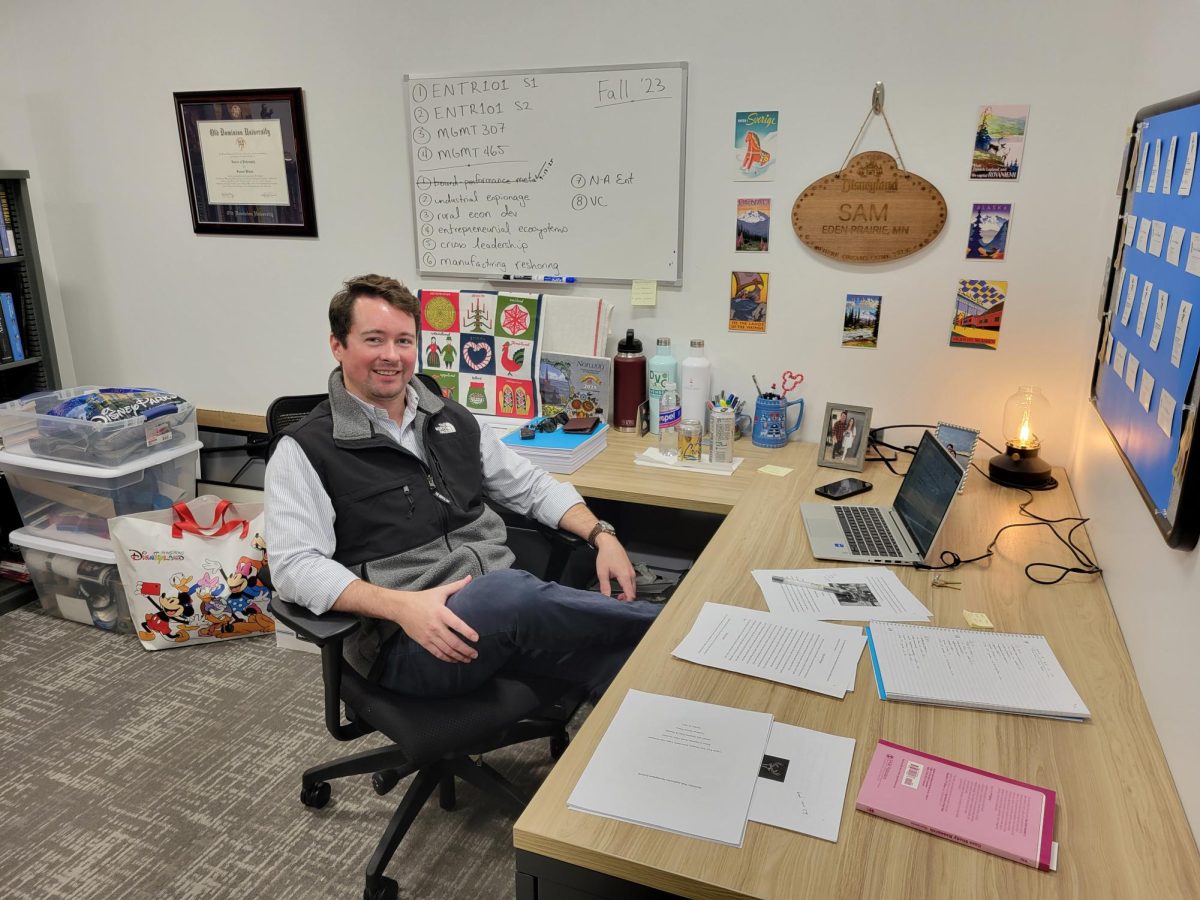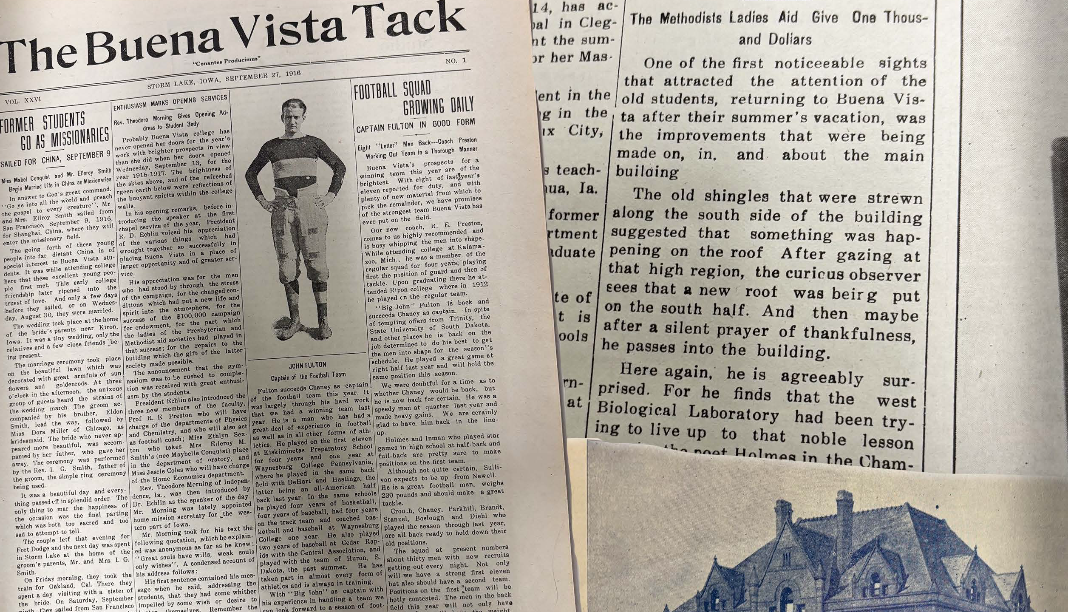Late ADHD Diagnoses in Women: What it is, How it Happens and Why it is Important to Acknowledge
November 20, 2022
Are you constantly nodding your head and pretending to listen, but secretly checked out of the conversation five minutes ago? What about those mind-racing thoughts that never seem to quiet down? Constantly crossing and uncrossing your legs or rolling over and over again in bed? Or my personal favorite: lying down at 9 p.m., doom-scrolling on TikTok to calm down from an overwhelming day, and then realizing it’s suddenly 2 a.m. because you have no time awareness?
If you answered yes to any of these, you may have attention-deficit/hyperactivity disorder, more commonly known as ADHD.
There are many clinical descriptions of what ADHD feels like to the person who suffers from it. These include difficulties in six areas of executive function. John Mersch, MD describes these as shifting from one mindset or strategy to another, organization, planning, working memory, separating emotions from reason, and appropriate regulation of speech and movements. Mersch’s clinical description of what ADHD feels like also includes inattention, such as failure to give close attention to details, difficulty sustaining attention in tasks, and avoiding engaging in tasks that require sustained mental effort.
Picture this: you’re in a room with a thousand TVs, and each TV is showing something different. Now try to concentrate on just one TV without getting distracted. Then after concentrating for five minutes, tell me what just happened on the show. On top of all this, you have a paper that is 50% of your final grade due in thirty minutes that you haven’t begun yet because it requires a series of tasks—try to get started on that too. Welcome to my life.
I was diagnosed with ADHD in February 2022 as a twenty-year-old, halfway through the spring semester of my junior year of college. This diagnosis was life-shattering on so many levels, and so many questions kept shaking up my world.
Have you ever thought some part of you was “just the way everyone felt” and that you just needed to suck it up and deal with it? Stop being lazy and figure it out yourself? Be more disciplined? Yeah, it’s not fun to feel that way. This is a common mindset of those diagnosed with ADHD later in life.
How did it take so long for me to get a diagnosis? Unfortunately, it is common for women with ADHD not to get diagnosed until they’re adults. There are two big reasons for this.
There is little research that looks at ADHD in adult women. Even in children, boys are more likely to get an accurate diagnosis than girls. According to WebMD, gender bias and overlooked ADHD symptoms may explain why girls show less obvious hyperactive behavior than boys do. WebMD also acknowledges misdiagnoses can be to blame; doctors diagnose females with other mood disorders instead, such as anxiety or depression. While there are similar symptoms (such as mood problems, forgetfulness, and inability to focus), it’s important to recognize that these disorders are not the same. Symptoms must be considered comprehensively during assessment.
Both these reasons point to my own late diagnosis.
As a woman whose hyperactivity didn’t manifest as disruptive classroom behaviors or constantly being on the move, my ADHD wasn’t obvious enough to see and my grades were good enough that there was no need to even consider it was there. Without realizing it, I was exceptionally good at masking my symptoms to appear normal. I didn’t look like I was not able to focus because I was particularly good at pretending to be listening. While my thoughts were racing and my heart rate skyrocketed, on the outside, I appeared to be calm and quiet.
My impulsivity didn’t manifest in blurting out the answers in class, but instead, as cheating in my relationships and having terrible money management (you would go buy Taco Bell all the time too if you could…right?) My symptoms weren’t the norm and because some were considered “quirky feminine traits,” they got overlooked or even laughed at.
Okay, all this information is great and important to know, but you’re probably wondering: why is this important to me? It’s important because of the risks. The American Psychological Association noted that adult women with untreated ADHD are at risk for divorce, financial crises, single-parenting a child with ADHD, never completing college, underemployment, substance abuse, eating disorders, and constant stress. It’s also important because the more we don’t talk about it, the more women are left in the dust. Education and advocacy are crucial to combat the gender gap in ADHD and help women like me get the help and resources needed to thrive.
Let’s change the dynamic from hidden and unknown to loud and proud. ADHD isn’t something to hide or be ashamed of. We should recognize it and the people diagnosed with it.
My name is Bailey Houston, and I have ADHD. I don’t want to hide this part of myself anymore, and I hope you don’t either. Be the change you want to see—for you, for me, and for the ADHD community, undiagnosed or otherwise.








